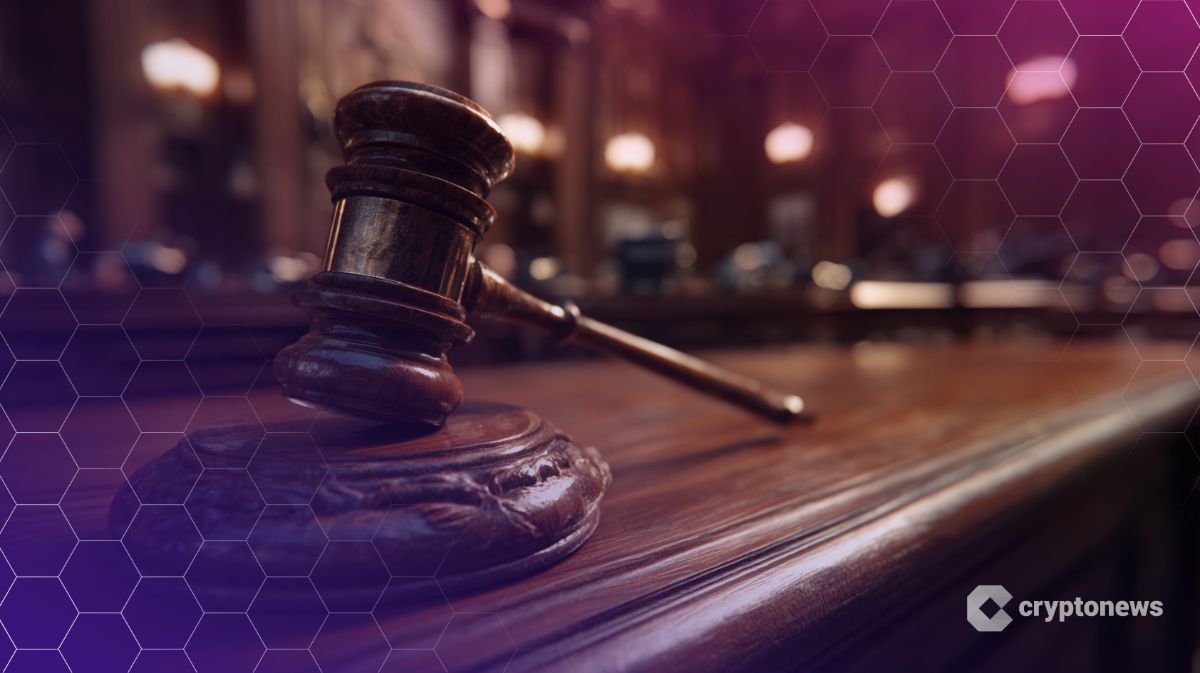Trump's OCC moves to stop banks from denying legal crypto businesses access to services
Jonathan Gould, head of the OCC, said on Wednesday that the agency plans to shut down what he called a “two-tiered system” where banks are pressured to avoid working with legal crypto businesses.
Speaking at a CoinDesk event in Washington, Jonathan said many of these firms are operating well within the law and should not be blocked from basic financial services just because they’re in crypto.
“I view a lot of what crypto represents, as well as using the technology and processes underlying it, as being inherent to financial intermediation services,” he said.
Jonathan made it clear that the OCC won’t keep letting banks discriminate against crypto activity that’s legal. In his words:
OCC pulls plug on debanking after Trump demands crypto access
Jonathan’s remarks came just days after the OCC took direct action to stop debanking, the practice of cutting off financial services to people or companies based on political views or industries. In this case, crypto companies were often the target.
Critics say some bank examiners pushed lenders to stop doing business with crypto-linked firms. But some consumer groups argue the problem hasn’t been as widespread as it’s made out to be. Still, the OCC made its position clear: if it’s legal, it’s allowed.
Jonathan said that if banks want to try something new, like getting involved in crypto, they’ll need the right setup to handle it. “Those firms must ensure sure they have the infrastructure necessary to support it,” he said.
Jonathan admitted that some risks come with crypto technology, and those need to be addressed directly. But he added, “I don’t see innovation as inconsistent with safety and soundness on its face.”
Donald Trump’s role in this can’t be ignored. During his campaign, he promised to make the U.S. the “crypto capital of the planet.” Since then, he’s signed executive orders supporting crypto and passed a law regulating stablecoins. At the same time, his family deepened their business ties to the industry.
Crypto donors flood Trump with millions as Senate backs his stablecoin law
Trump’s 2024 campaign got serious backing from crypto’s biggest players. Elon Musk gave $239 million to America PAC. Marc Andreessen and Ben Horowitz each donated $2.5 million to Right for America.
The Winklevoss twins, Tyler and Cameron, chipped in $1 million each to Trump’s campaign. That was above the legal limit, so they were refunded the extra.
Also, over $135 million was spent, mostly through the Fairshake PAC, to support Congressional candidates who backed Trump’s crypto stance. Most of them won.
And in August, Tyler and Cameron donated another $21 million in Bitcoin to the Digital Freedom Fund PAC to help Trump expand his crypto agenda while in office.
Since getting back in the White House, Trump has been pushing policies that could benefit his own crypto investments.
When the Senate passed the stablecoin bill he supported, Senator Elizabeth Warren said the law would “supercharge the value of Donald Trump’s corruption,” accusing him of setting policy that could boost his family’s gains.
KEY Difference Wire helps crypto brands break through and dominate headlines fast
Bunları da Bəyənə Bilərsiniz

Texas Ponzi Scheme Debtor Denied $12.5M Bankruptcy Protection in Crypto Case

The HackerNoon Newsletter: From Headlines to Digests: How Agents Personalize the Firehose (9/10/2025)
